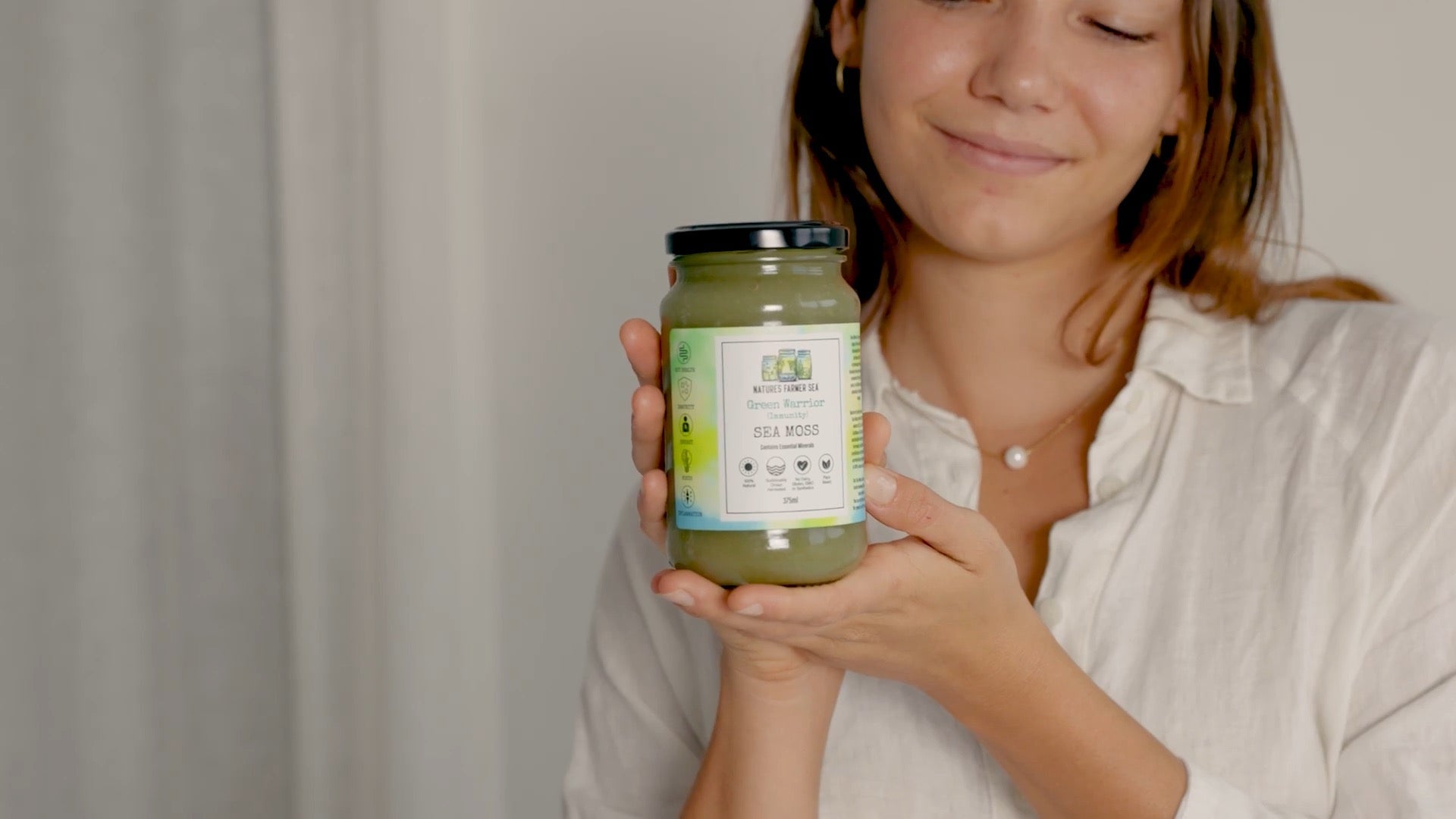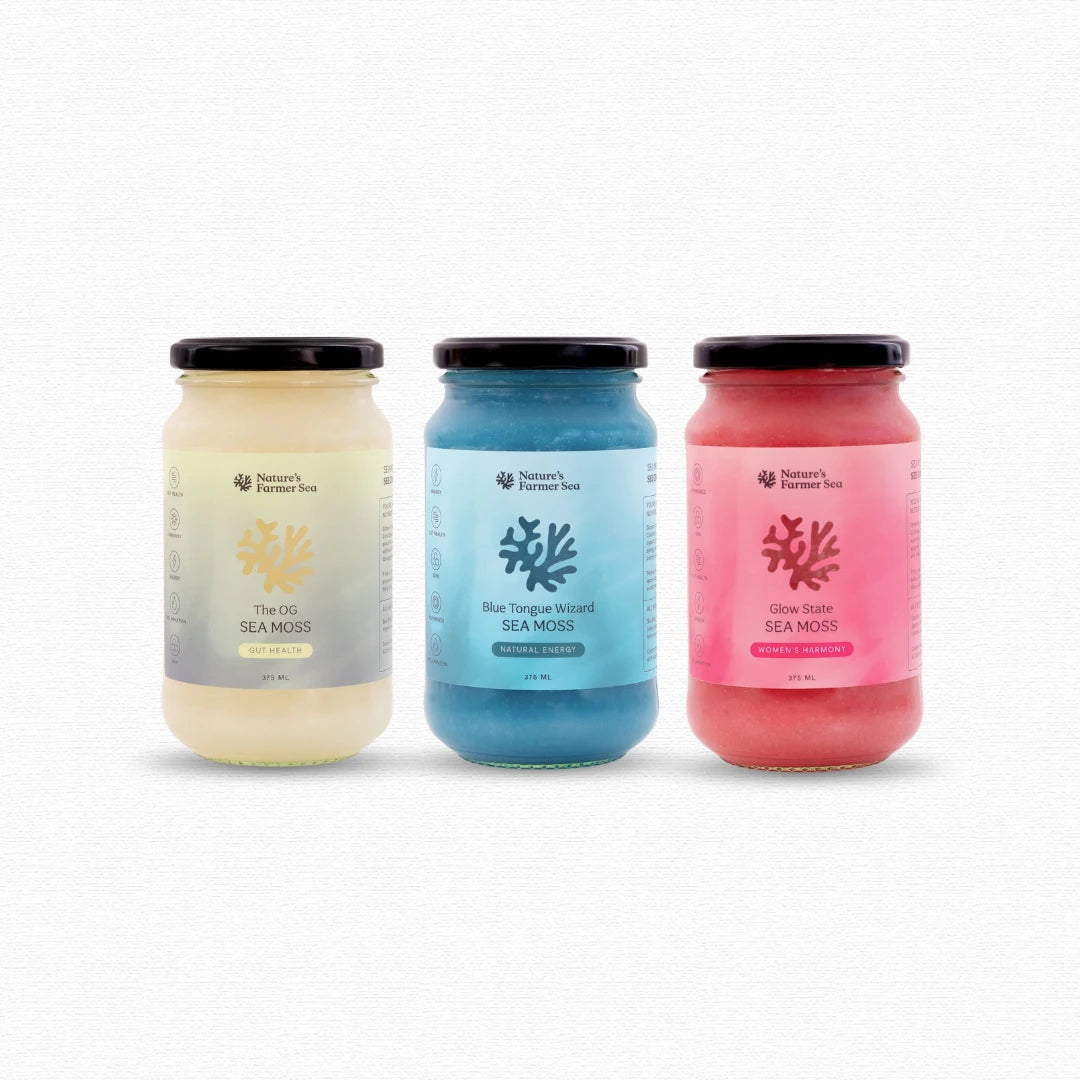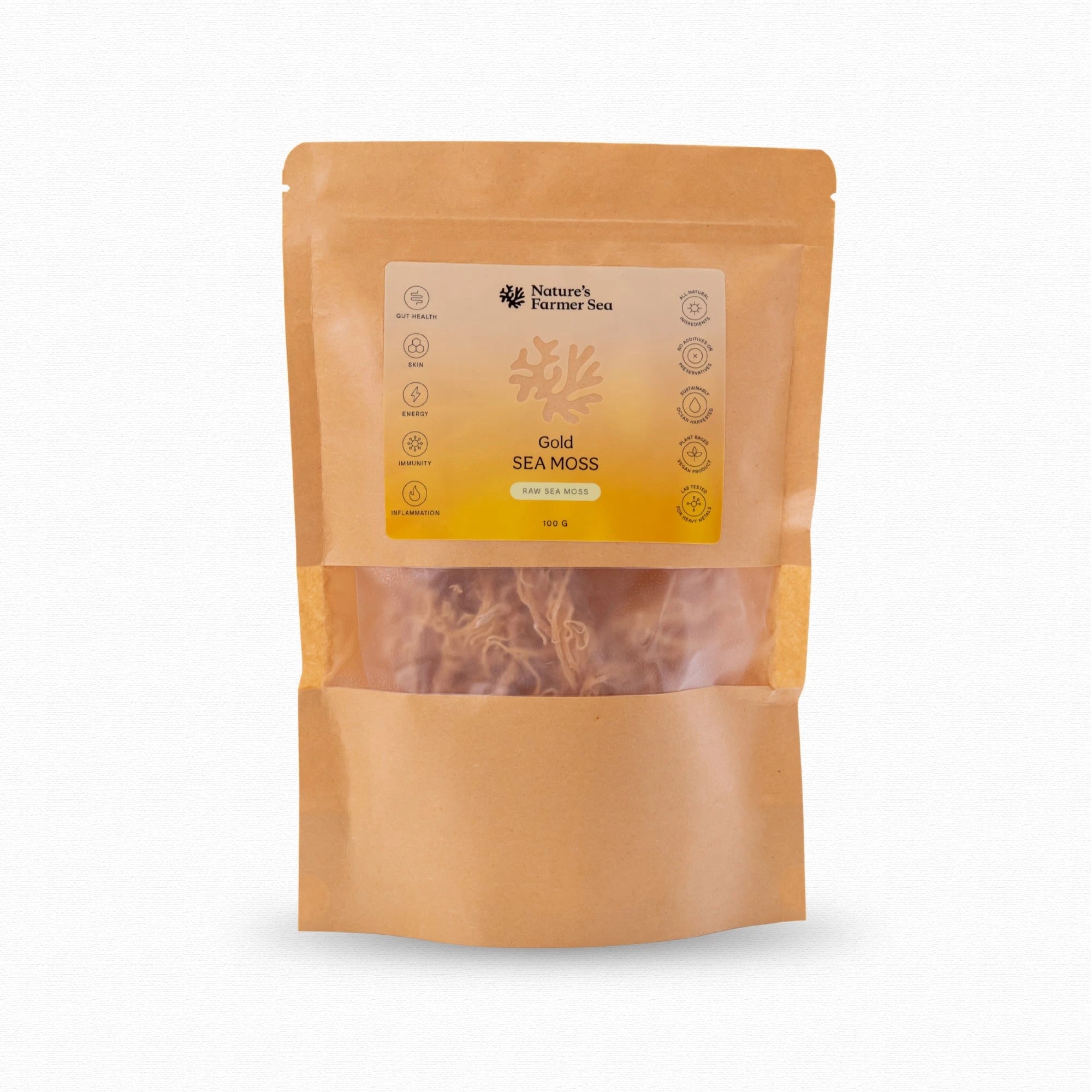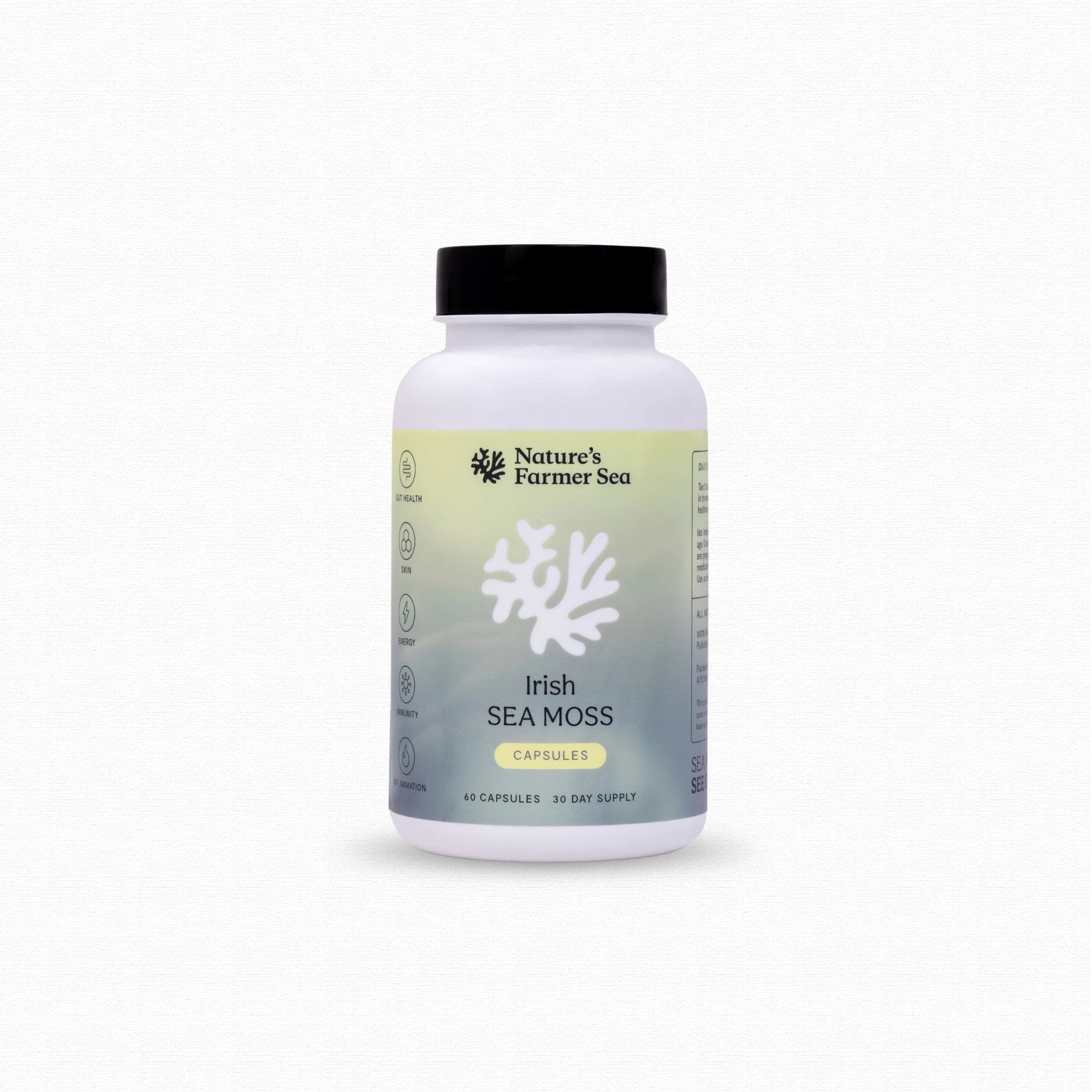Giving birth involves losing blood, and alongside postpartum bleeding, can put mothers at risk of becoming deficient in important blood building nutrients, especially if a haemorrhage or large bleed was experienced during birth. This is why it is important to focus on building and nourishing blood after giving birth, through food as medicine and supplementation if necessary.
Folate and vitamin B12 are two vitally important B vitamins which aid to build and nourish blood. Folate is known for its impact in preventing neural tube defects in early pregnancy, but is equally as important postpartum functioning to reduce the incidence of postpartum depression, due to its role in creating serotonin; a neurotransmitter that plays a crucial role in mood regulation.
Vitamin B12 is crucial for red blood cell development, energy production, and DNA formation. Inadequate B12 levels in babies can lead to irritability, increased risk of failure to thrive, developmental delays, and poor brain growth. Additionally, B12 supports immune function and nervous system growth, making it particularly important for breastfeeding mothers postnatally.
Natures Farmer Sea Green Warrior Sea Moss contains chlorella, which contains a bioavailable plant-based source of both vitamin B12 and folate, in addition to sea moss containing trace amounts of B12 which further contribute to these benefits.
Iron is a crucial nutrient for new mothers, especially in the postpartum period.
During childbirth, women lose a significant amount of iron, which needs to be replenished to maintain optimal health. This mineral plays a vital role in ensuring both maternal and infant well-being. For breastfeeding mothers, iron stores not only support their own recovery but also provide essential nourishment to their babies. Iron is essential for the proper development and function of the baby's thyroid, among other vital processes. However, mothers with low iron levels after delivery may experience a range of issues including fatigue, cognitive changes, and even depressive symptoms. Therefore, paying attention to iron intake and ensuring adequate levels is crucial for the well-being of both mother and child during the postpartum period.
Maintaining gut health is crucial for optimal iron absorption. Our Sea Moss Gels aid in promoting optimal gut health through decreasing inflammation, and up-regulates our protective mucous layer of our gut to ensure that iron is effectively absorbed into the bloodstream for utilisation throughout the body. When the gut is inflamed or compromised, it can hinder the absorption of essential nutrients like iron, leading to potential deficiencies.
After birth the body undergoes various physiological changes, including increased oxidative stress due to factors like inflammation and tissue repair. Vitamin C plays a crucial role during this period as an antioxidant which help counteract the effects of oxidative stress by neutralising harmful free radicals that can damage cells and tissues. This is particularly important for postpartum recovery, as it supports the body's natural healing processes and helps reduce the risk of oxidative damage to cells. Additionally, vitamin C contributes to the creation of collagen, a protein essential for tissue repair and wound healing, further aiding the recovery process after childbirth.
Additionally, vitamin C which is found in Sea Moss and the lime juice contained within, enhances the absorption of non-heme iron, which further supports blood nourishing and building postpartum.References:
Lomartire, S., Marques, J. C., & Gonçalves, A. M. M. (2021). An Overview to the Health Benefits of Seaweeds Consumption. Marine drugs, 19(6), 341. https://doi.org/10.3390/md19060341
Merchant, R. E., Phillips, T. W., & Udani, J. (2015). Nutritional Supplementation with Chlorella pyrenoidosa Lowers Serum Methylmalonic Acid in Vegans and Vegetarians with a Suspected Vitamin B12 Deficiency. Journal of medicinal food, 18(12), 1357–1362. https://doi.org/10.1089/jmf.2015.0056
Shannon, E., Conlon, M., & Hayes, M. (2021). Seaweed Components as Potential Modulators of the Gut Microbiota. Marine drugs, 19(7), 358. https://doi.org/10.3390/md19070358
Woortman, D. V., Fuchs, T., Striegel, L., Fuchs, M., Weber, N., Brück, T. B., & Rychlik, M. (2020). Microalgae a Superior Source of Folates: Quantification of Folates in Halophile Microalgae by Stable Isotope Dilution Assay. Frontiers in bioengineering and biotechnology, 7, 481. https://doi.org/10.3389/fbioe.2019.00481
Zarban, A., Toroghi, M. M., Asli, M., Jafari, M., Vejdan, M., & Sharifzadeh, G. (2015). Effect of vitamin C and E supplementation on total antioxidant content of human breastmilk and infant urine. Breastfeeding medicine : the official journal of the Academy of Breastfeeding Medicine, 10(4), 214–217. https://doi.org/10.1089/bfm.2014.0143




